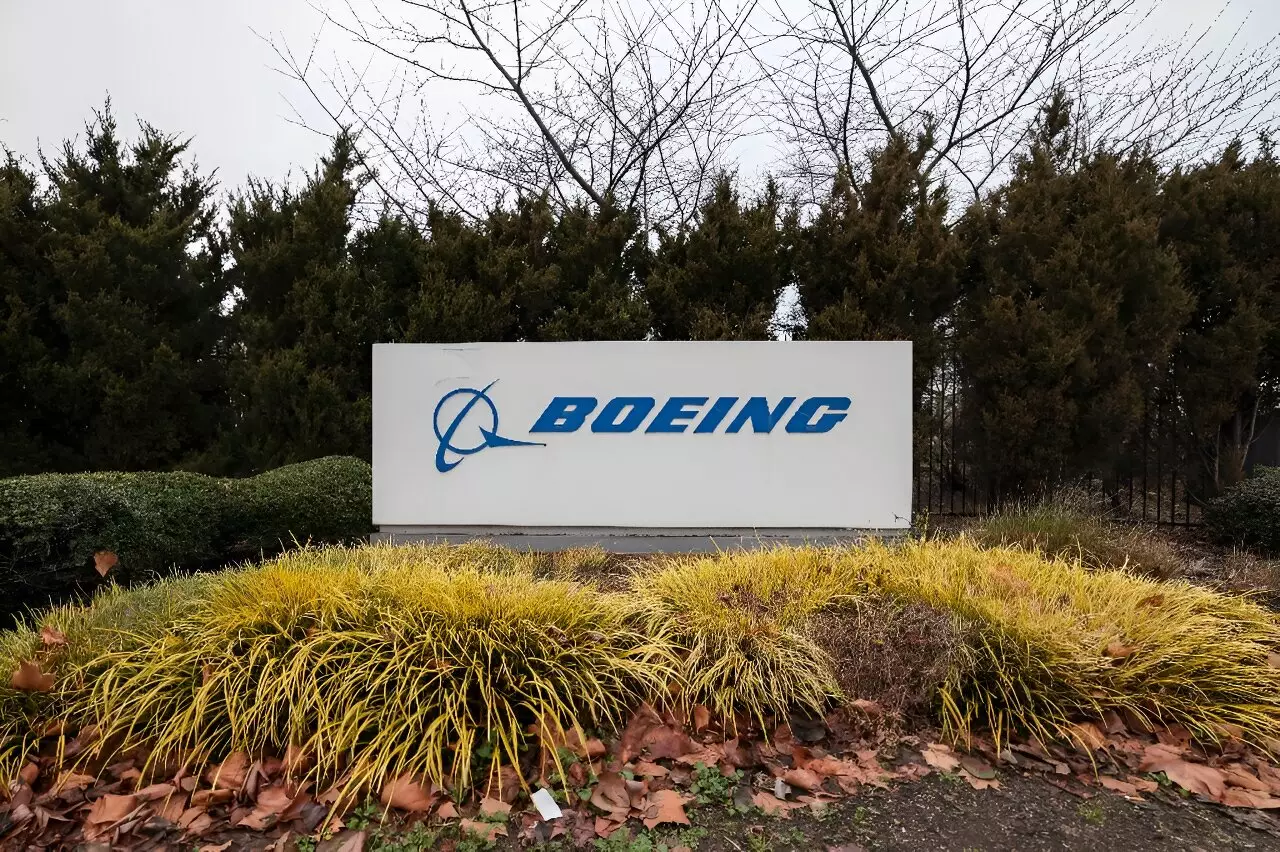

After more than five years since the two fatal 737 MAX crashes, Boeing finds itself in a fresh legal predicament as prosecutors accuse the company of flouting an earlier settlement related to the disasters. The Department of Justice (DOJ) proposed that Boeing plead guilty to fraud during the certification of MAX airplanes, with a penalty of $243 million and the appointment of an external monitor. The company had until Friday night to accept or reject the proposal, with the possibility of an extension over the weekend if more time was requested.
Despite the significant nature of the guilty plea, families of the 737 crash victims expressed dissatisfaction with the proposed settlement. They believe that the agreement does not hold Boeing accountable for the 346 fatalities caused by the crashes in Ethiopia and Indonesia. The families, represented by attorney Tracy Brammeier, have been vocal about their desire for a criminal trial of Boeing and its top executives.
Some family members, like Michael Stumo who lost his daughter in the Ethiopian Airlines crash, are calling for stiffer fines on Boeing ranging from $10 to $20 billion. Stumo suggests that these fines could be suspended if the company invests in safety and quality control measures. He believes that the proposed settlement is too lenient on Boeing and that the company should not have a say in appointing its independent monitor.
Legal experts such as Miriam Baer and John Coffee have weighed in on the DOJ’s decision to stick with the original charge of fraud against Boeing. Baer suggests that the DOJ’s approach reflects a desire to bring forth claims that are easier to prove in court. On the other hand, Coffee criticizes Deferred Prosecution Agreements (DPAs) like Boeing’s, stating that they often fail to adequately deter and restrain defendants. He argues that prosecutors prioritize securing a conviction over serving the public interest.
Boeing’s legal troubles in the aftermath of the 737 MAX crashes underscore the complex nature of corporate accountability and the challenges of balancing legal consequences with public interest. The ongoing saga serves as a reminder of the importance of transparency, oversight, and ethical compliance in the aviation industry to prevent similar tragedies in the future.
In the realm of software development, the ability to swiftly and accurately address bugs is…
The realm of quantum computing and communication is not just an abstract dream anymore; it…
In a remarkable leap for the field of material science, a collaborative research initiative has…
Throughout Earth's vast history, our planet has endured five major mass extinction events that reshaped…
Rainfall is a vital element of our planet’s hydrological cycle, yet many aspects of its…
On a night when the universe aligns, a mesmerizing phenomenon awaits: the appearance of the…
This website uses cookies.